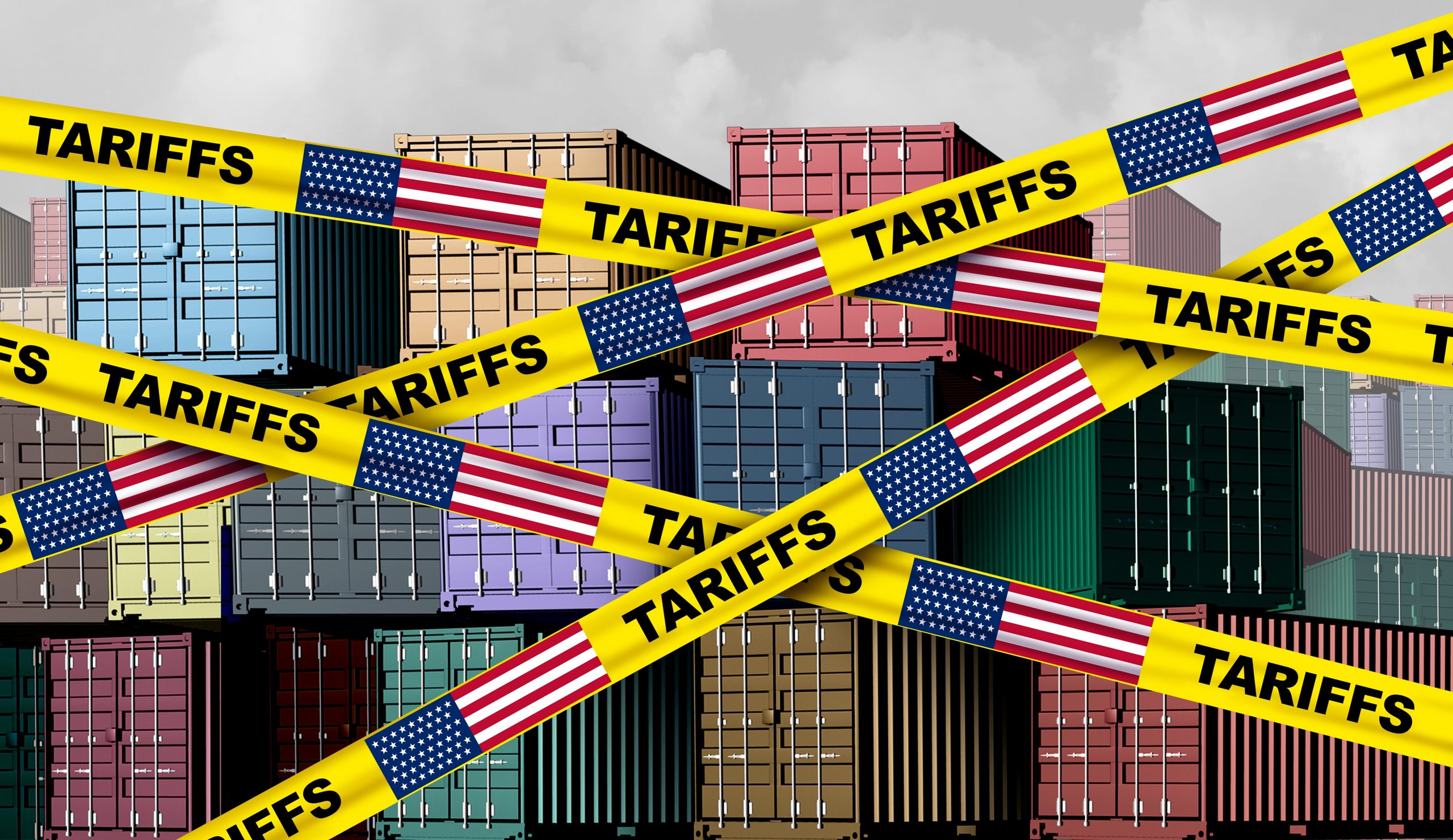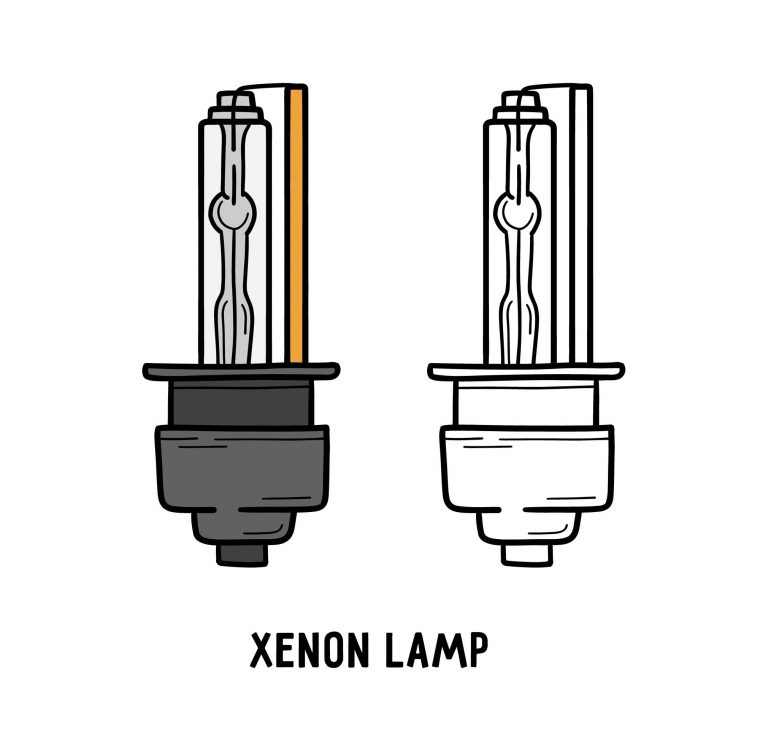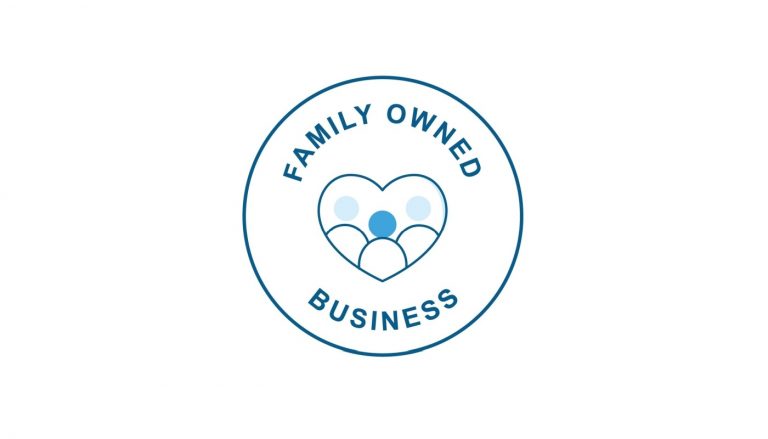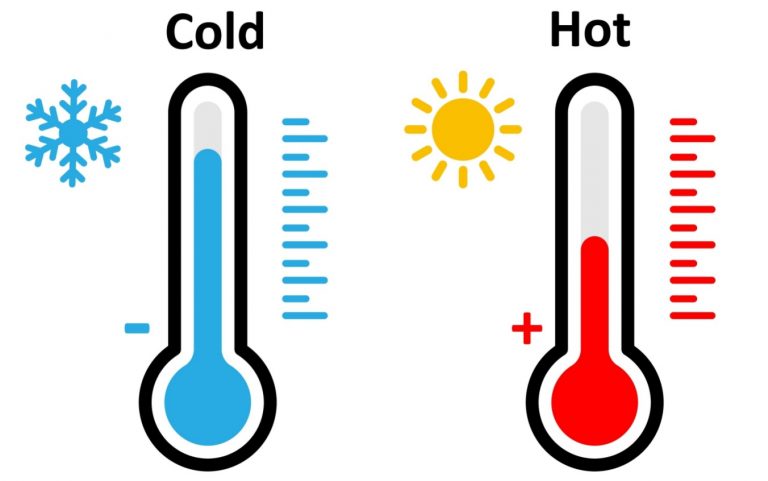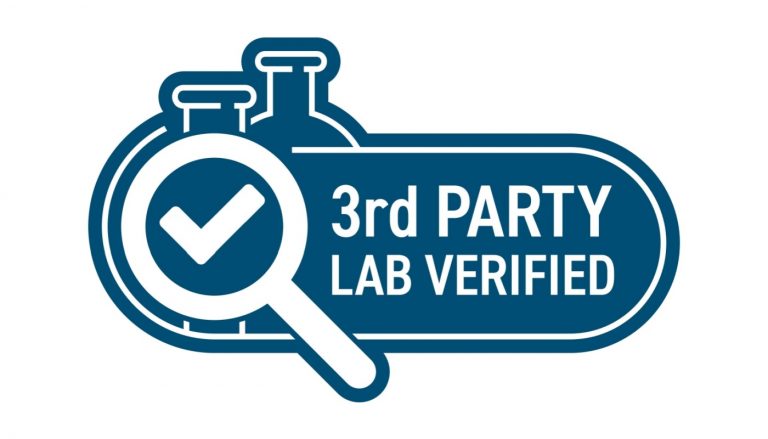The Tariff Effect: Rigorous Material Testing is Now Your Supply Chain Safety Net
The automotive industry thrives on predictable, carefully managed global supply chains. So, when significant trade policy shifts occur—such as the recent roll-out of new tariffs—the entire ecosystem starts to buzz with uncertainty and strategic reassessment. Understanding tariff effects in the automotive industry has become crucial.
Whether you’re supplying raw polymers, crafting specialized coatings, or building the final vehicle, the impact of these tariffs is universal. The conversation in boardrooms and engineering labs is focused on two immediate, critical questions:
- Will our material costs skyrocket? The direct levy on imported goods, or the retaliatory tariffs on exported parts, inevitably affects the bottom line.
- Will we be forced to seek new, alternative suppliers? As things get pricier and margins tighten, finding lower-cost alternatives—often from new regions or vendors—becomes a necessary strategic move to maintain profitability.
There is definitely some uncertainty about what the future holds for global sourcing, but one thing is absolutely certain: safety and quality cannot take a backseat.
Quality Assurance in the Face of Cost Pressure
The core challenge of the “tariff effect” is the intense pressure it places on quality assurance. When a long-standing, validated material or supplier is deemed too expensive, companies must rapidly qualify replacements. This is where the risk increases dramatically.
A new supplier offering a cheaper compound may look good on a spreadsheet, but if that material fails to meet OEM specifications for durability, UV resistance, or chemical stability, the cost savings disappear quickly under the weight of warranty claims, product failures, or—worst of all—safety issues.
This is why, at Ghesquiere Plastic Testing, we believe that rigorous material testing is now your primary supply chain safety net.
Elevating the Role of Testing
For manufacturers navigating this volatile landscape, the testing lab moves from a required step to a strategic partner. We are seeing an urgent need for:
- Rapid Qualification of Alternatives: Companies must quickly assess whether a material from a new geographic location or a new chemical formulation performs identically to the validated standard. This requires accelerated testing protocols that deliver trusted results fast.
- Preventative Risk Mitigation: Testing materials before they are integrated into production prevents future catastrophic failures. When the supply chain is stable, this is routine; when it’s under tariff pressure, it becomes mission-critical.
- Verification of Specification Compliance: Whether it’s a new batch of plastic resin or a specialized adhesive, every component must be verified against demanding standards (like ASTM, ISO, and specific OEM requirements) to maintain vehicle integrity.
For a deeper dive into the broader economic context of how tariffs impact sourcing decisions, check out the Brookings article on The impact of US tariffs on North American auto manufacturing.
The automotive industry is resilient. It will adjust to tariffs by reconfiguring its supply chain. Our role is to ensure that while components may change, the uncompromising standard of automotive safety and performance does not.
What are some of the biggest compliance or sourcing questions you’re facing due to the new tariffs in the automotive industry? Let’s chat about it and discuss how detailed, accurate material testing can provide the certainty you need in uncertain times.

